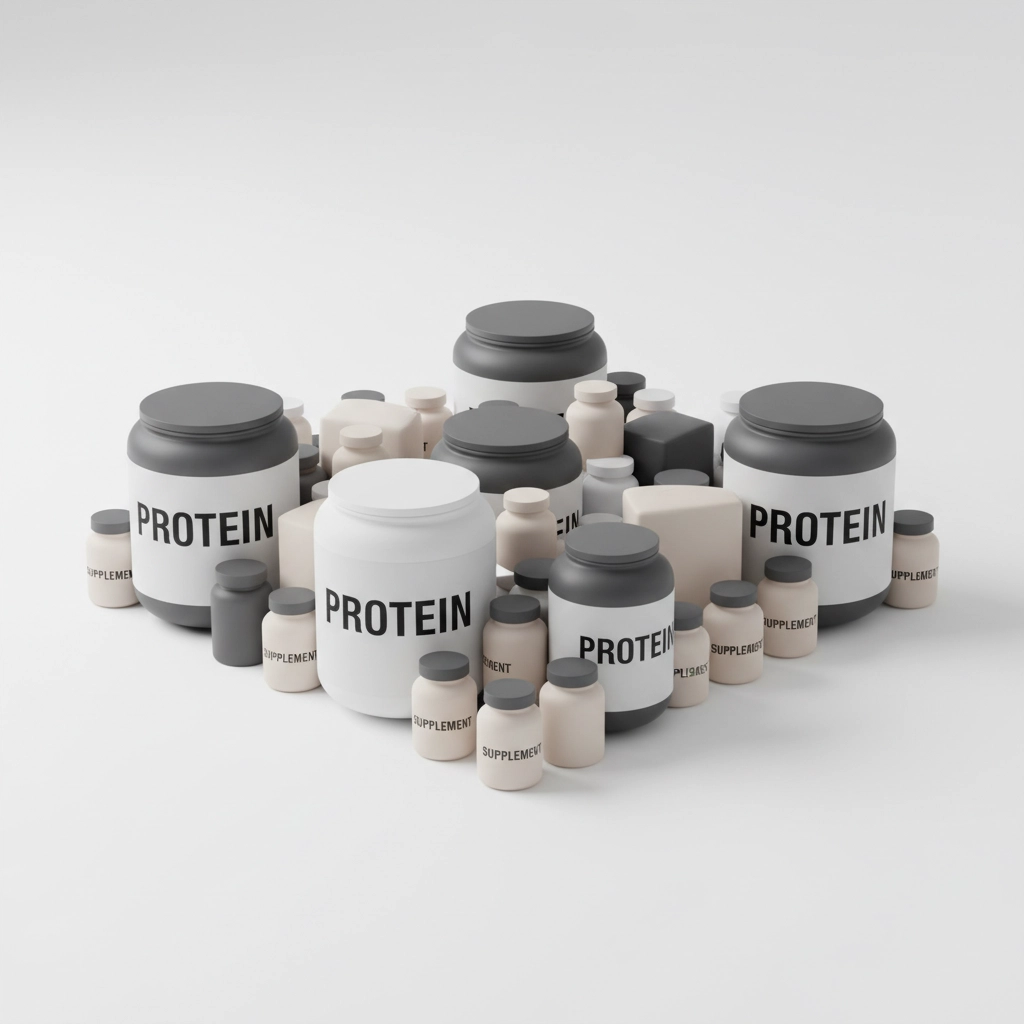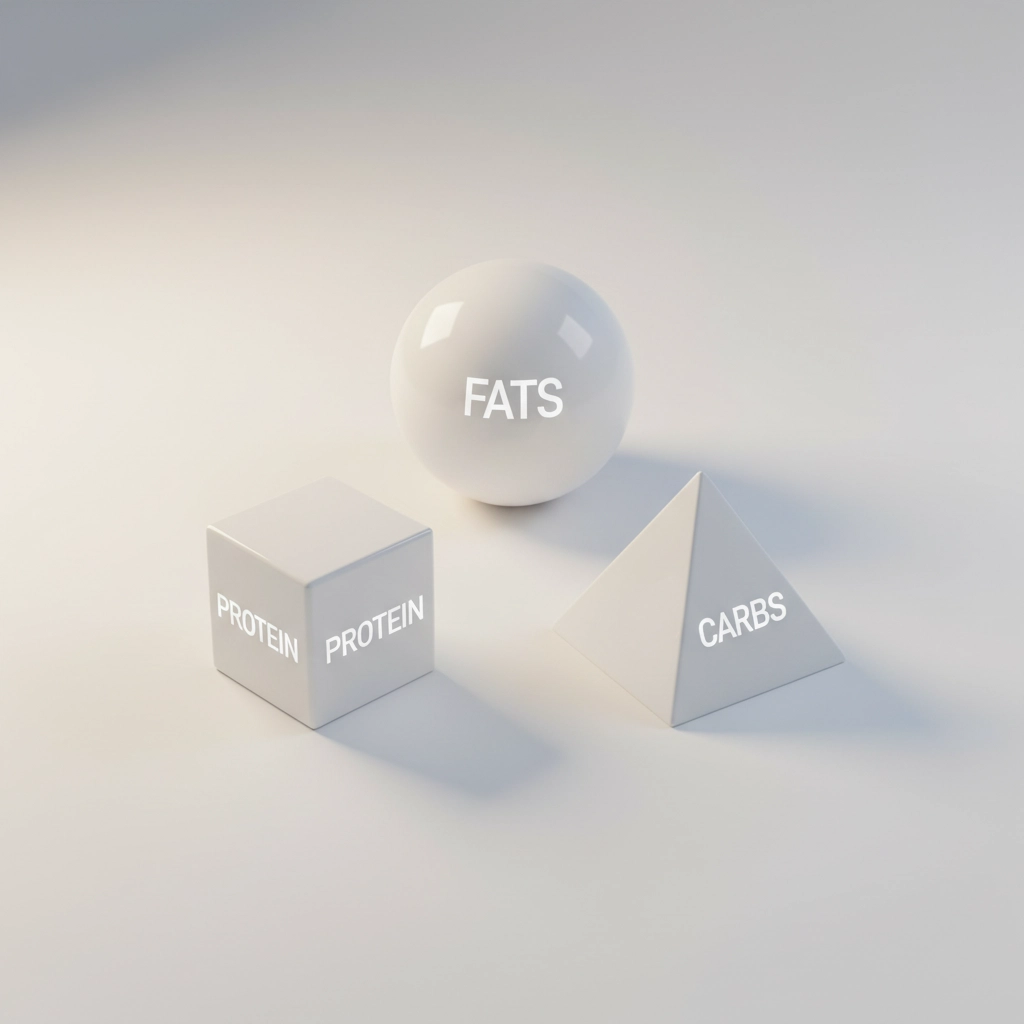You’ve probably heard it everywhere – protein, protein, protein! Social media is flooded with high-protein recipes, supplements, and success stories. While protein is absolutely essential for your health, especially as you age, there’s actually such a thing as too much of a good thing.
If you’re focused solely on cramming in more protein without paying attention to your other macronutrients, you might be doing yourself more harm than good. Let’s break down why balance matters and why counting all your macros – not just protein – is still the smartest approach to reaching your health goals.
Yes, You Can Definitely Eat Too Much Protein
Here’s the truth that might surprise you: your body has limits when it comes to protein processing. Most people should consume no more than 2 grams of protein per kilogram of body weight per day. For a 150-pound person, that’s roughly 136 grams of protein daily – and going beyond that can actually backfire.
The basic recommendation for adults is about 0.8 grams per kilogram of body weight. That translates to approximately 46 grams daily for women and 56 grams for men. However, if you’re over 50, you likely need more – somewhere between 1.2 to 1.6 grams per kilogram – to combat age-related muscle loss.
But here’s where things get tricky. When you start pushing protein intake much higher than these recommendations without considering your other nutrients, your body starts sending you some pretty clear signals.
What Happens When You Overdo the Protein
Your body is incredibly smart, but it’s not designed to handle excessive amounts of any single nutrient – even protein. When you consistently eat too much protein, you might experience:
Digestive distress that includes nausea, diarrhea, and indigestion. Your digestive system works overtime trying to process all that protein, often at the expense of your comfort and energy levels.
Fatigue and dehydration become common complaints. Processing excess protein requires extra water and energy, leaving you feeling drained rather than energized.
Kidney stress can develop over time. Your kidneys work harder to filter out the waste products from protein metabolism, which isn’t ideal for long-term health.
Crowding out other nutrients happens when you’re so focused on hitting high protein numbers that you skimp on the carbohydrates and healthy fats your body needs for optimal function.
Why Counting All Your Macros Still Matters
This is where many people get it wrong. They think tracking protein alone is enough, but your body needs balance to function at its best. Why tracking macros is important and how it can change your health goes far beyond just protein – it’s about creating the right environment for your body to thrive.
Not all calories are created equal, and that’s exactly why macro counting matters. When you track your macronutrients, you’re paying attention to food composition rather than just total calories. This approach helps you achieve better satiety, more stable energy levels, and more strategic fueling of your body.
Carbohydrates fuel your brain and muscles. Without adequate carbs, you might feel foggy, tired, and struggle with workouts – even if your protein intake is perfect.
Healthy fats support hormone production and nutrient absorption. Skimp on fats while overdoing protein, and you could find yourself dealing with hormonal imbalances and poor absorption of fat-soluble vitamins.
The magic happens in the balance. When you get the right ratio of all three macronutrients, your body can use each one for its intended purpose rather than trying to convert everything into energy or storage.
The Sweet Spot: 10-35% of Calories from Protein
Instead of obsessing over hitting massive protein numbers, focus on getting 10% to 35% of your daily calories from protein. This percentage-based approach ensures you’re meeting your body’s needs without overconsumming.
For most older adults, this looks like:
- 1,500 calorie diet: 38-131 grams of protein daily
- 1,800 calorie diet: 45-158 grams of protein daily
- 2,000 calorie diet: 50-175 grams of protein daily
Notice how there’s a range? That’s because your individual needs depend on your activity level, health status, and goals. Someone dealing with chronic kidney disease might need to stay on the lower end, while an active person building muscle might aim higher.
Balance Matters for Your Health Goals
Whether you’re trying to lose weight, maintain your current weight, or build strength, balance among all macronutrients will serve you better than extreme focus on just protein.
For weight loss: You need adequate protein to preserve muscle mass, but you also need carbohydrates for energy during workouts and healthy fats for satiety. When these are balanced, you’re less likely to experience cravings and energy crashes that derail your efforts.
For energy: Your brain runs on glucose (from carbohydrates), and many of your body’s processes rely on fats. Protein alone can’t provide the steady, sustainable energy you need for daily activities.
For overall health: Each macronutrient supports different aspects of your health. Protein builds and repairs tissues, carbohydrates fuel your brain and muscles, and fats support hormone production and nutrient absorption.
Practical Macro Tracking for Real Life
The good news? You don’t need to track macros forever. Most people find that monitoring their intake for just a week or two provides valuable insight into their eating patterns and helps them make necessary adjustments.
Start by tracking what you normally eat without changing anything. This gives you a baseline to understand where your current macro ratios stand. You might discover you’re getting plenty of protein but falling short on healthy fats, or that you’re overdoing it across the board.
Focus on food variety rather than single-nutrient obsession. When you eat from different food groups, you naturally get a better balance of macronutrients plus important micronutrients your body needs.
Use the plate method as a simple guide: fill half your plate with vegetables, one quarter with lean protein, and one quarter with whole grains or starchy vegetables. Add a source of healthy fat like avocado, nuts, or olive oil.
Listen to your body’s signals. If you’re constantly tired, struggling with digestive issues, or not seeing the results you want despite “perfect” protein intake, it might be time to look at the bigger picture.
Making Smart Protein Choices
When you do focus on protein, make it count. Choose high-quality sources that come packaged with other beneficial nutrients:
- Fish and seafood provide protein plus omega-3 fatty acids
- Lean poultry offers complete protein with less saturated fat
- Eggs deliver protein along with healthy fats and important vitamins
- Greek yogurt combines protein with probiotics for digestive health
- Legumes and beans provide protein plus fiber and complex carbohydrates
These choices help you meet your protein needs while contributing to your overall nutrient goals, rather than just adding isolated protein to your diet.
The Bottom Line on Protein and Macro Balance
Your body is incredibly complex, and it needs more than just protein to function optimally. While protein is absolutely important – especially as you age – it’s not the only nutrient that matters for your health, energy, and weight management goals.
By tracking all your macronutrients rather than fixating on protein alone, you create a sustainable approach that supports your body’s diverse needs. You’ll likely find you have more consistent energy, better digestion, and more success reaching your health goals when everything is working together in balance.
Remember, the goal isn’t perfection – it’s progress. Start by becoming more aware of how much protein, carbohydrates, and fats you’re currently eating, then make gradual adjustments to find what works best for your body and lifestyle. Your future self will thank you for taking this balanced approach to nutrition.



